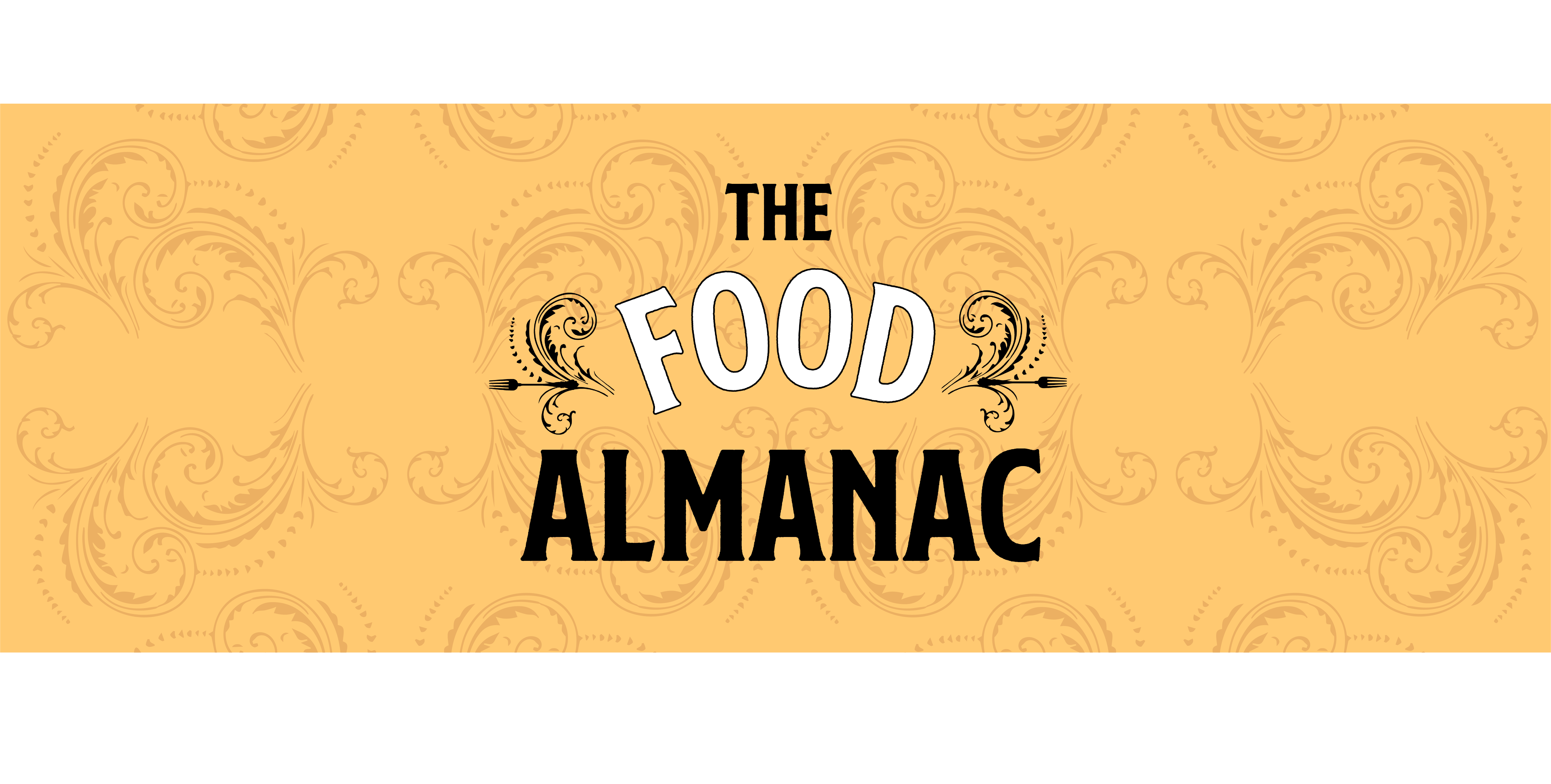May 3
National Pannee Meat Day
Christopher Columbus. Ackee. Rhubarb. Andrews Sisters. Fines Herbes. St. Phillip. Doughnuts.
Today's Flavor
Mother's Day-- 8
Greek Festival-- 21 Memorial Day-- 23
Annals Of Restaurant Extinction
Today in 1978, a citywide flood shut down most of New Orleans after over a dozen inches of rain fell in a few hours. The May Third Flood was considered a modern high-water mark until Katrina made it look insignificant. May Third and another flood nearly as bad a year later forced the closing of T. Pittari's Restaurant, after over eighty years. Pittari's was on Claiborne near Napoleon, one of the lowest points in the city. It moved to Mandeville, but didn't make it long there. Now it's an article of nostalgia.
Today's Flavor
This is National Pannee Meat Day. Like most other Orleanians of Baby Boom age, I grew up eating panneed veal, chicken, and pork. Enough of it to have an article of faith on the subject: even cardboard is good panneed.Pannee meat is a thin, pounded slice of meat (usually) or almost anything else. The first steps in the preparation is to coated it with flour, pass it through egg wash, and then coat it with seasoned bread crumbs. The panneed item then is fried in about a half-inch of hot oil for a minute or two on each side, drained, and serve still sizzling. The classic accompaniment is pasta bordelaise, although it goes with almost any vegetable or starch except other fried things.Pannee veal is universal in Italian restaurants, where it's often called veal Milanese. The word "pannee" probably refers to the breaded aspect of the dish, but it's also been proposed that it's the pan you cook it in that's noted in the name. Nobody really knows. Some controversy exists about the spelling. The word appears in very few cookbooks or dictionaries. On menus, you see every possible variation in the number of n's and e's. Sometimes an accent mark appears over one of the e's. Another curiosity: many people in New Orleans pronounce it "PIE-nay." However spelled or pronounced, it's always good.
Gourmet Gazetteer
Rhubarb Pond is at the northeasternmost tip of New Hampshire, about 150 feet from the Maine state line and 1400 feet from the Canadian border. The pond itself is only about 200 feet in diameter. It's in an entirely wooded area in the mountains, near the end of a winding gravel road. Wild rhubarb does indeed grow there, but it appears that fish and mushrooms would be the best eating there. To find the nearest restaurant, you'd cross into Canada and travel another nine miles to Notre-Dame-de-Bois, and the Auberge Aux Toits Rouges.
Food In History
Today in 1944, wartime rationing of meat in the United States came to an end. Many cookbooks and articles had been written to help people get along with less meat. Even the best food writers were engaged in that activity, including M.F.K. Fisher, whose rationing book was How To Cook A Wolf. She and all the other authors of such works had to figure out something else to do.
New World Food
Christopher Columbus first landed on the island that would later be called Jamaica today in 1494. The first time I went to Jamaica, I was struck by how much the food of that country resembles the Creole cooking I grew up with in New Orleans, even though the colonizers were different. Jamaican food, because of its mix of Spanish and British roots and wealth of unusual fruits and vegetables, is utterly unique. Perhaps the most offbeat item is ackee, a fruit related to the cashew. When it ripens it explodes on the tree. When cooked, it looks and sort of tastes like scrambled eggs. But if you eat it before it's ripe, it can kill you.
The Old Kitchen Sage Sez:
Since I can't get Jamaican saltfish and ackee where I live, I guess I'll have to eat scrambled eggs and bacon.
Edible Dictionary
fines herbes, [feen ehrbz], French, n., pl.--A collection of green herbs, none of which are resinous (like rosemary) or assertive (like garlic). Typical components include chervil, basil, parsley, oregano, tarragon, and marjoram. It's unusual for the very traditional French that the recipe for fines herbes isn't set in stone. This is probably because all of these herbs are evanescent, and you might not have the same ones coming from the garden all the time. Fines herbs are frequently used in sauces (mayonnaise is the classic), omelettes (mixed into the eggs, not folded inside them), and light, brothy soups. You can buy dried fines herbes from the spice rack at the store, but fresh are mich preferable.
Food In Show Biz
Today in 1939, the Andrews Sisters recorded yet another hit, Beer Barrel Polka. "Roll out the barrel," said the lyrics, "we'll have a barrel of fun." What innocent times those were.
The Saints
Today is the feast day of St. Philip, one of the twelve Apostles. He is the patron saint of pastry chefs.
Food Namesakes
William Charles Salmon, a Congressman from Tennessee, was born today in 1868. . . Boxer Sugar Ray Robinson was born today in 1920. . . Norman Chow, long-time offensive coordinator in college and pro football, took The Big Snap today in 1946.
Words To Eat By
"The healthiest part of a doughnut is the hole. Unfortunately, you have to eat through the rest of the doughnut to get there."--Randy Glasbergen, American cartoonist, in "Thin Lines."
Words To Drink By
“There are five reasons for drinking: the arrival of a friend, one's present or future thirst, the excellence of the wine, or any other reason.”--Ancient Roman proverb.

